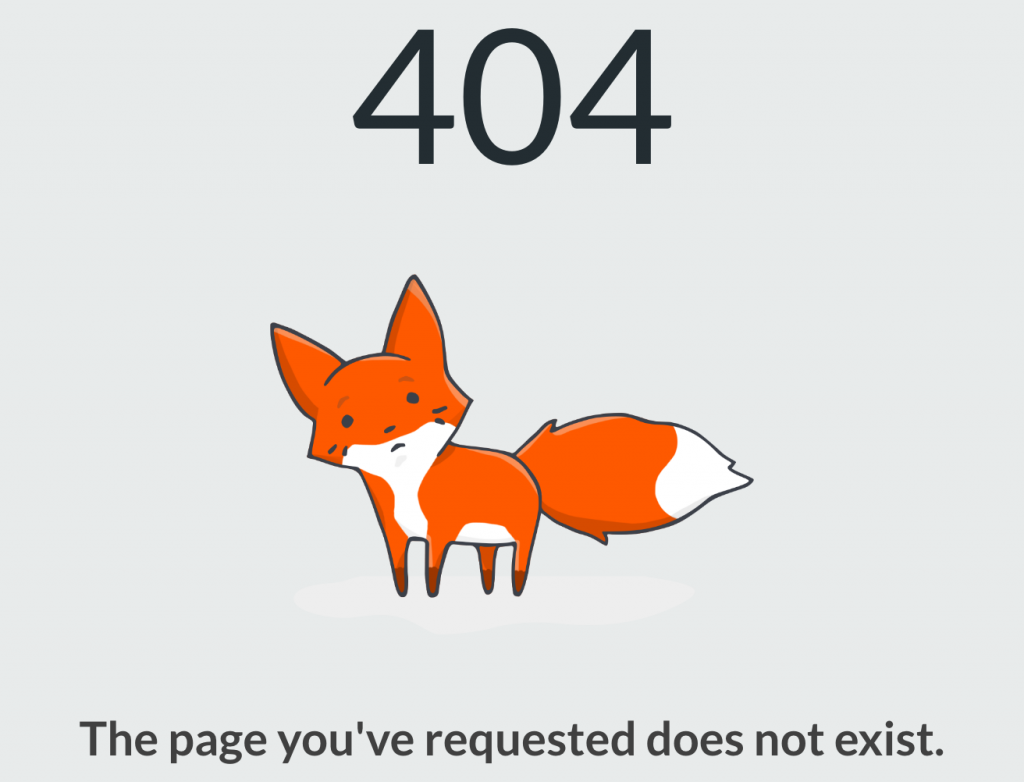Hello everyone! I just switched from MailChimp to an indie newsletter service called Buttondown. It is my dearest hope that everything goes smoothly and this email doesn’t get lost in your spam folder 😓
Life has been busy busy busy since I last updated you in June. Highlights:
- I helped facilitate the Zcash Foundation’s governance process.
- We held our first annual conference in beautiful Montréal. (Excellent city — it’s like Berlin meets Austin, Texas!)
- The Foundation responded to a community controversy.
If you want to learn way more about the Zcash Foundation’s doings, click here and here.
Outside of work:
- I described how corporate platforms censor their users:
Internet idealists talk about how freedom of information opens up opportunity for everyone. You can learn whatever you want, build whatever you want, and communicate whatever you want. For example, instead of needing thousands of dollars to self-publish a physical book and buy ads for it in a magazine, you can make an ebook for free, distribute it however you like, and promote it on social media. Compared to the previous status quo, this is a genuine improvement! The internet idealists are right: Opportunity truly is more broadly available than it used to be.
But what if Amazon bans your ebook? What if Barnes & Noble and Kobo also deem it inappropriate? The unspoken catch of the internet as democratizing force is that if you are weird enough, or aberrant enough, and you either use the wrong keyword or attract the baleful eye of the administrators, you’ll be banished. In that case, it doesn’t matter that there are fewer gatekeepers — the handful of big, flourishing gatekeepers are key, and they have shut you out.
It may be that there is another path. Disenfranchised hackers and crypto-anarchists are building parallel institutions that no one group can own or control, instead of trying to force giant tech platforms to accommodate them. They recognize that any entity that prizes advertising revenue above all else can’t be relied upon for civic neutrality.
- Expanding on that theme, I explained how cypherpunk politics means choosing exit over voice.
- And then expanding on that theme even more, I argued in a CoinDesk op-ed that cryptocurrencies can circumvent financial discrimination.
- My fiancé and I went on a trip to New York City. We visited lots of friends and it was exhausting but wonderful.
I think that’s it! As usual, please reply and let me know what youuu were up to this summer!
However, I have learned from experience that if you send me a long email, I will take forever to respond. It happens because I start feeling bad that I haven’t come up with an equally involved response. Nothing personal! Sorry in advance!
💕 Sonya
